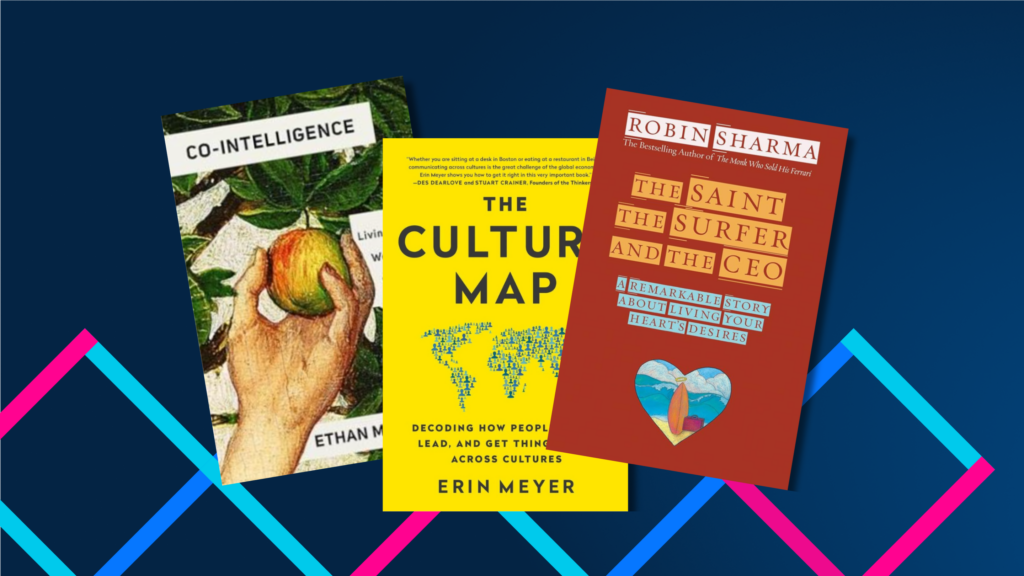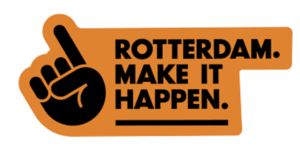
Glenna Crooks, PhD and Paul Hambly, EVP of Supply at Toluna
AI is transforming industries across the board, and healthcare is no exception. As part of our “AI Everywhere” strategy, Toluna is committed to helping organizations navigate the opportunities and responsibilities that AI brings with it. We partnered with Glenna Crooks, PhD, a recognized policy strategist in global healthcare, to engage over 2,000 physicians on their views of generative AI. [1]
Using Curizon, Toluna’s proprietary panel of healthcare professionals, we explored perceived benefits and risks of AI in healthcare, accountability in the event of harm, and the need for ethical guidelines. The research also examined the advisability of a GenAI oath modeled after traditional oaths taken by healthcare professionals.
In this content series, we will review the results of the research, focusing on three major themes. Our final article will discuss the implications of our survey results for key healthcare stakeholders engaged in GenAI development, regulation, and use.
01. Physicians’ enthusiasm for GenAI, tempered by caution about healthcare applications.
Despite general enthusiasm for GenAI, there is no consensus among physicians about its value in healthcare application. Specifically regarding its ability to:
The only application with widespread consensus concerns biopharmaceuticals. Few physicians believe it will speed up drug development.

02. Physicians’ concerns about GenAI.
Fewer than half of the physicians surveyed are confident that regulators can keep pace with the development of GenAI to ensure it is safe for patient care. Particularly:
03. Physicians’ call for transparency and accountability.
Physicians want to maintain ethical standards when GenAI applications enter the healthcare sector. These includes:
Notably, the survey revealed a trust gap between physicians and other stakeholders in healthcare, particularly with those who have financial incentives to develop and utilize GenAI in healthcare.
Coming next
Our next article will delve deeper into the views of physicians regarding GenAI, as well as its applications in healthcare,

[1] This survey was scripted and programmed by Toluna and fielded in February 2025 with 2,739 healthcare professionals in Toluna’s proprietary healthcare panel Curizon. Survey author: PersonaPanels & Glenna Crooks, PhD.




